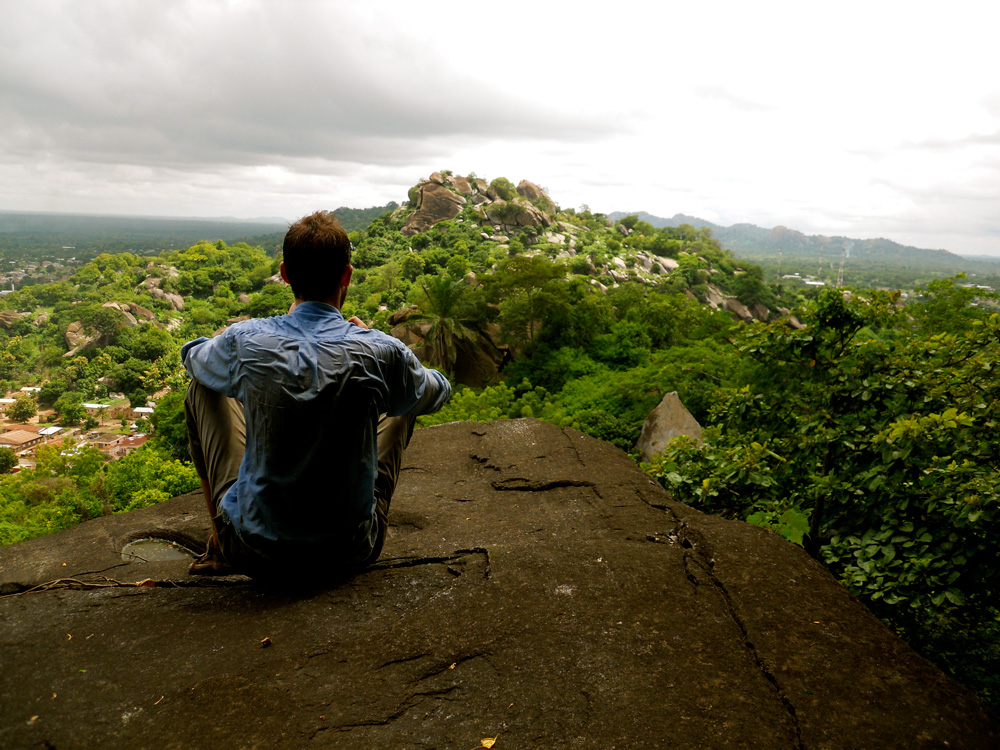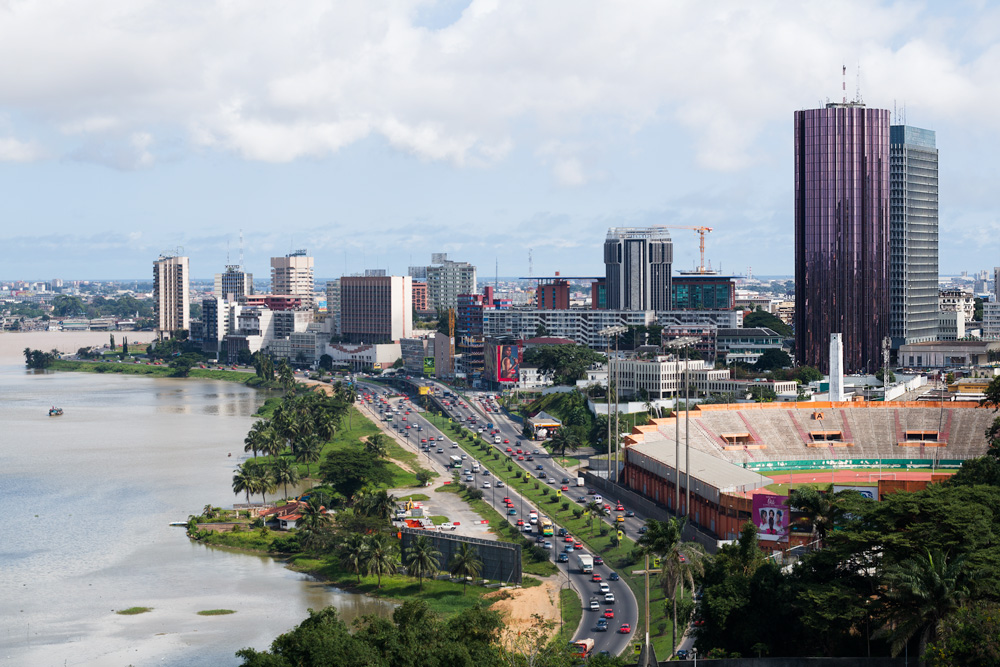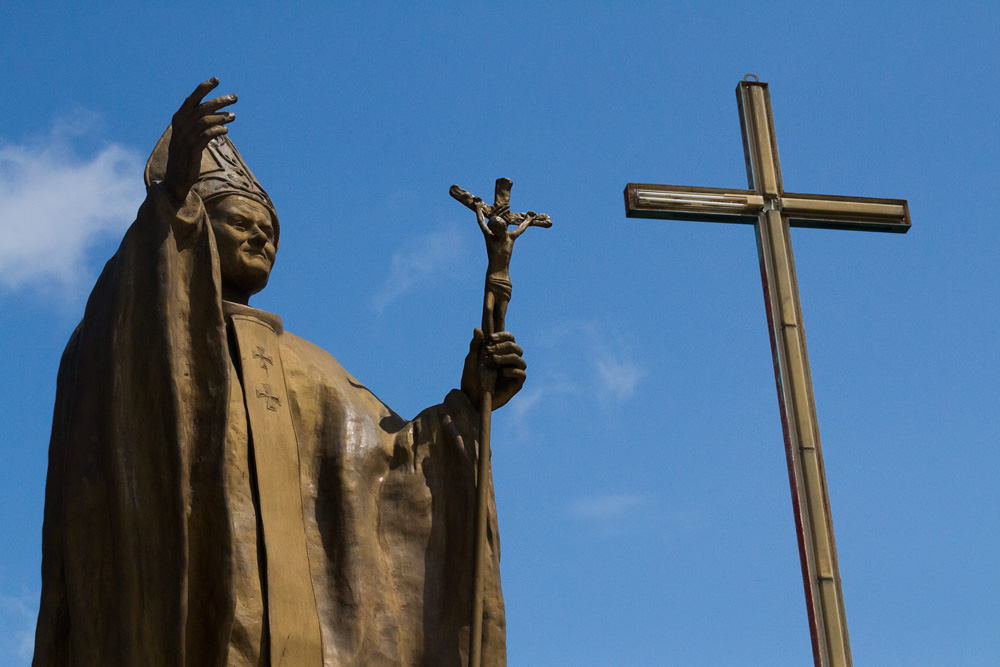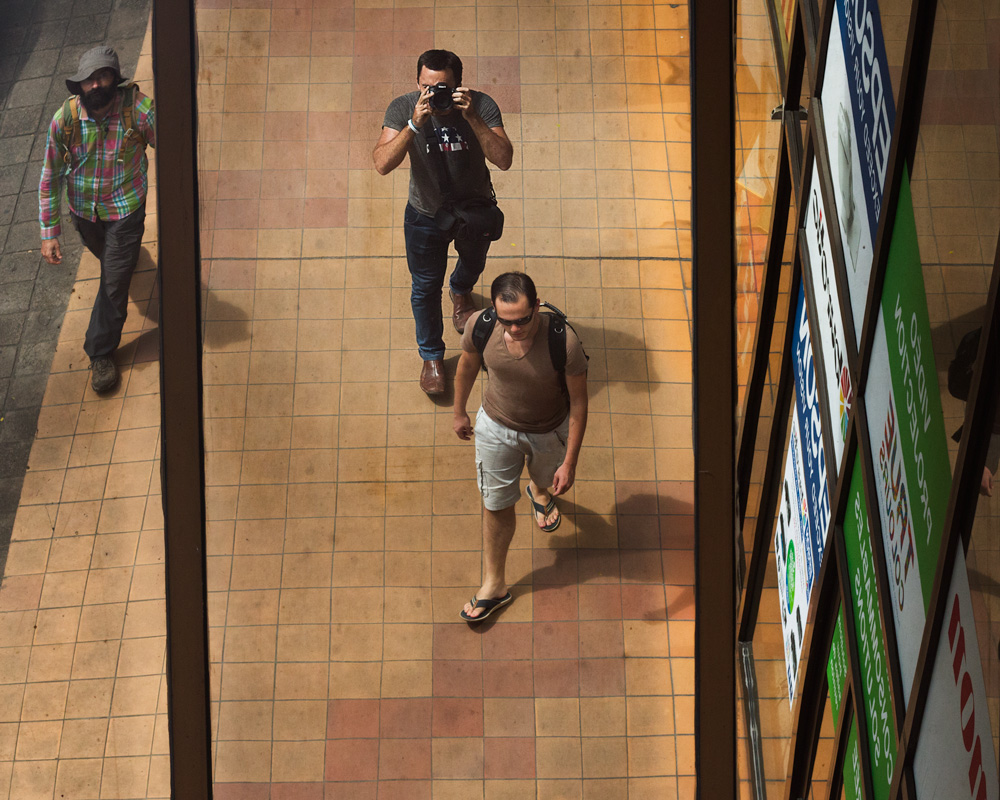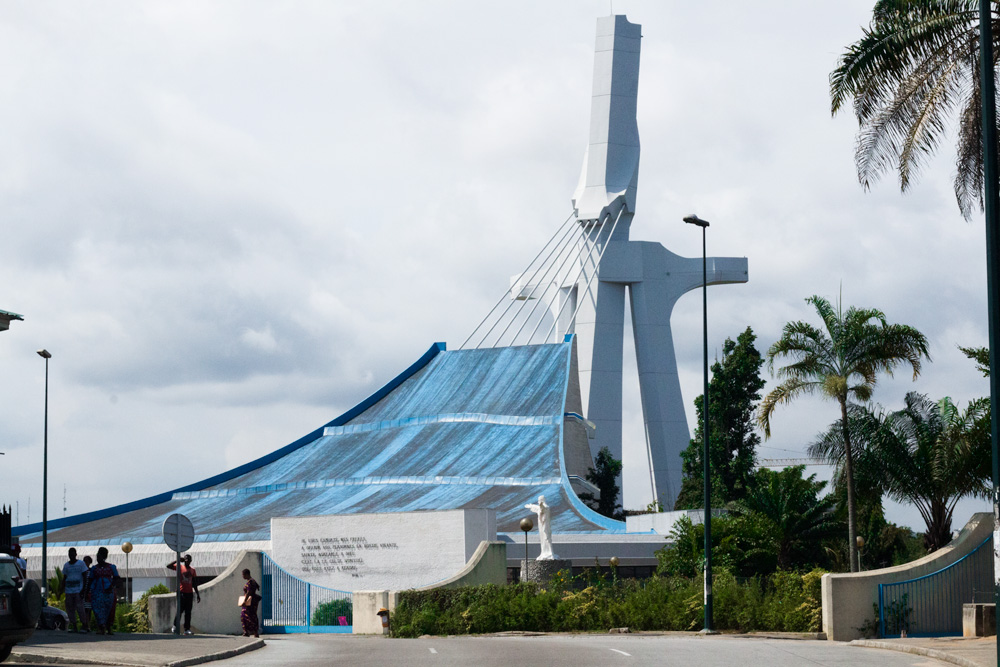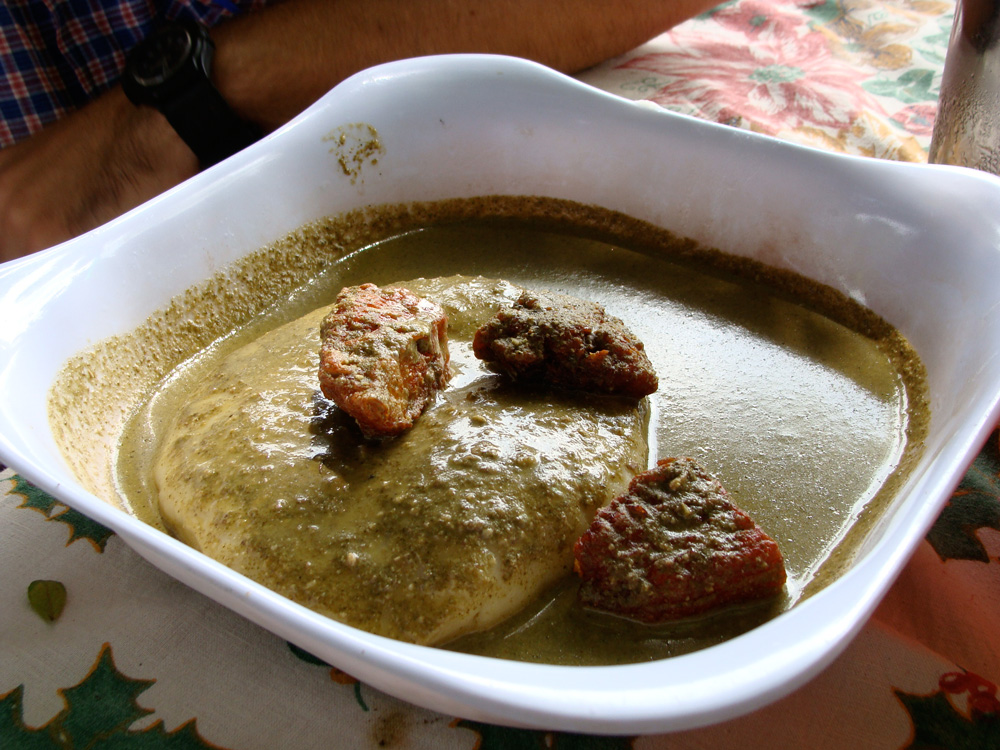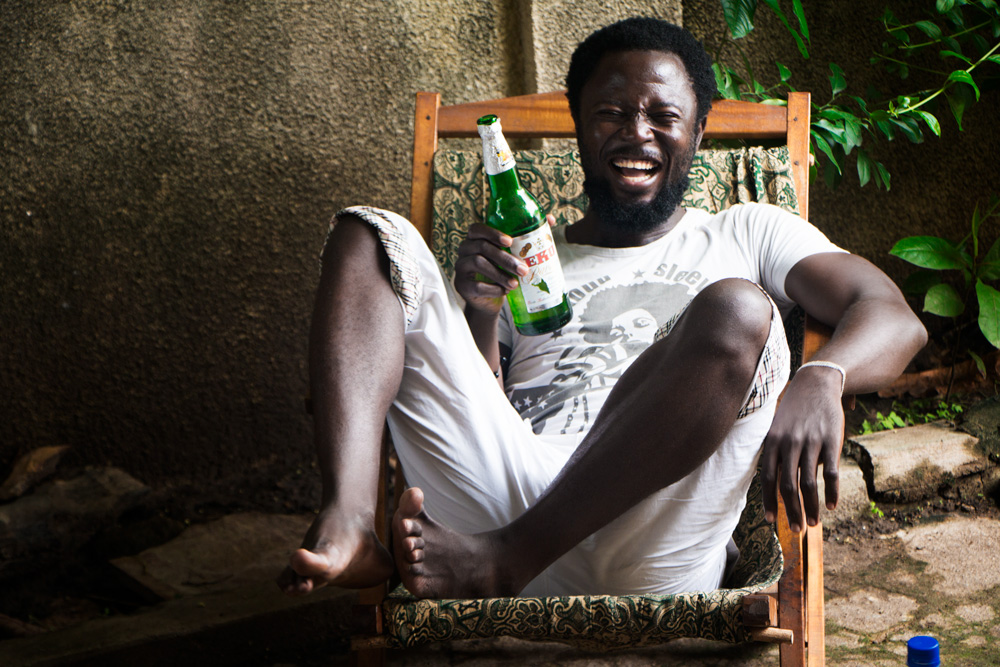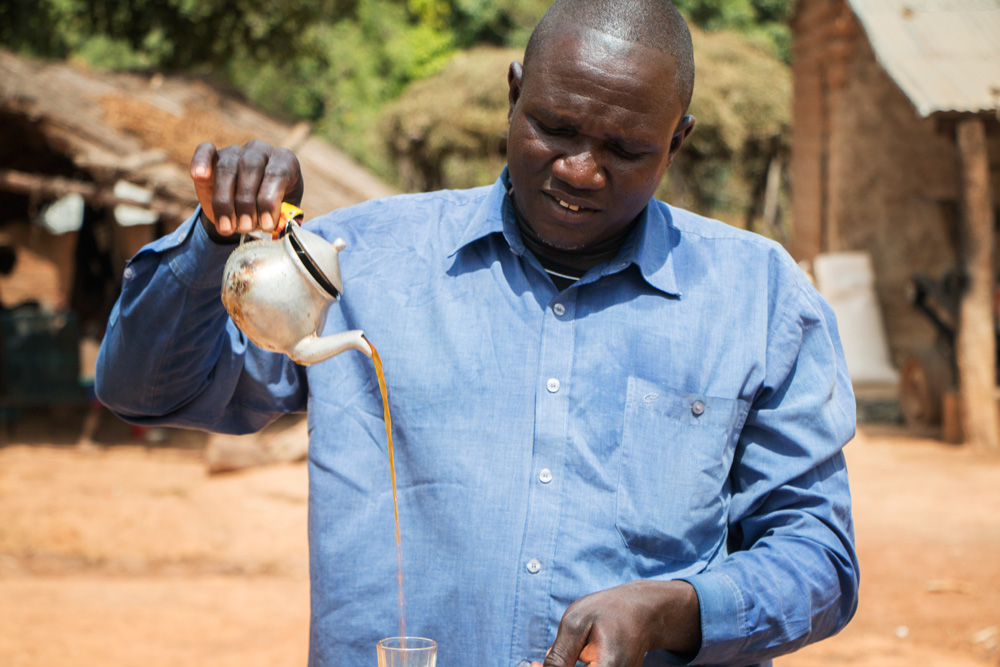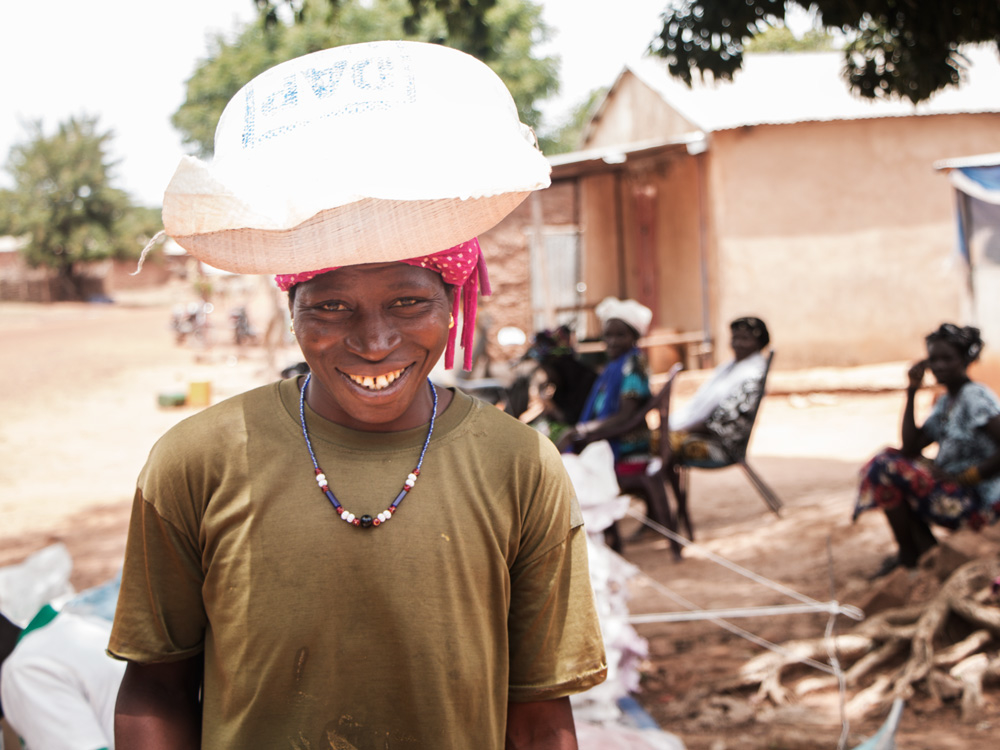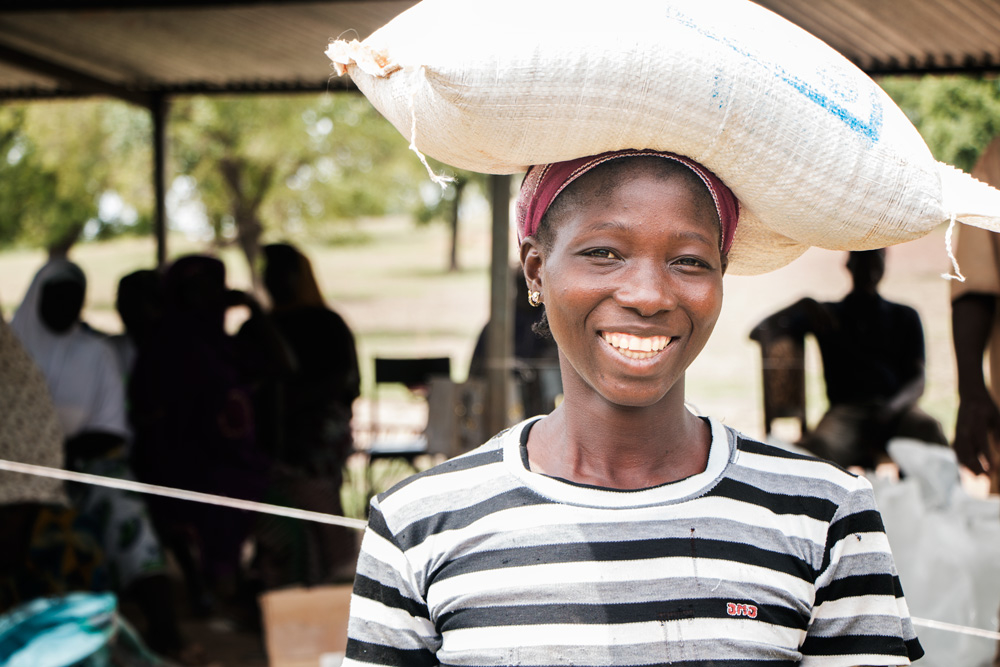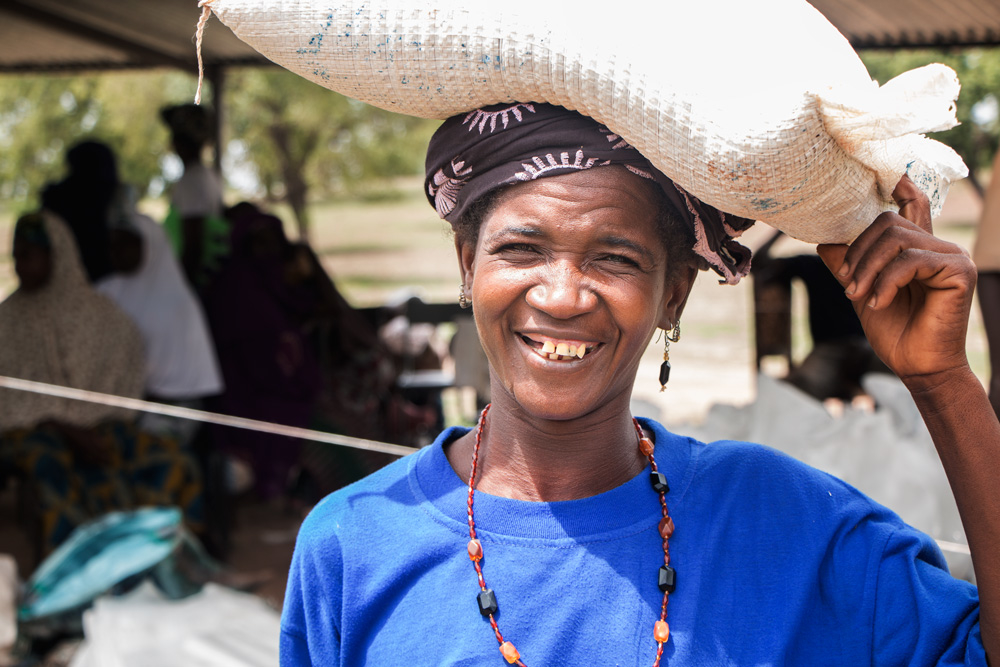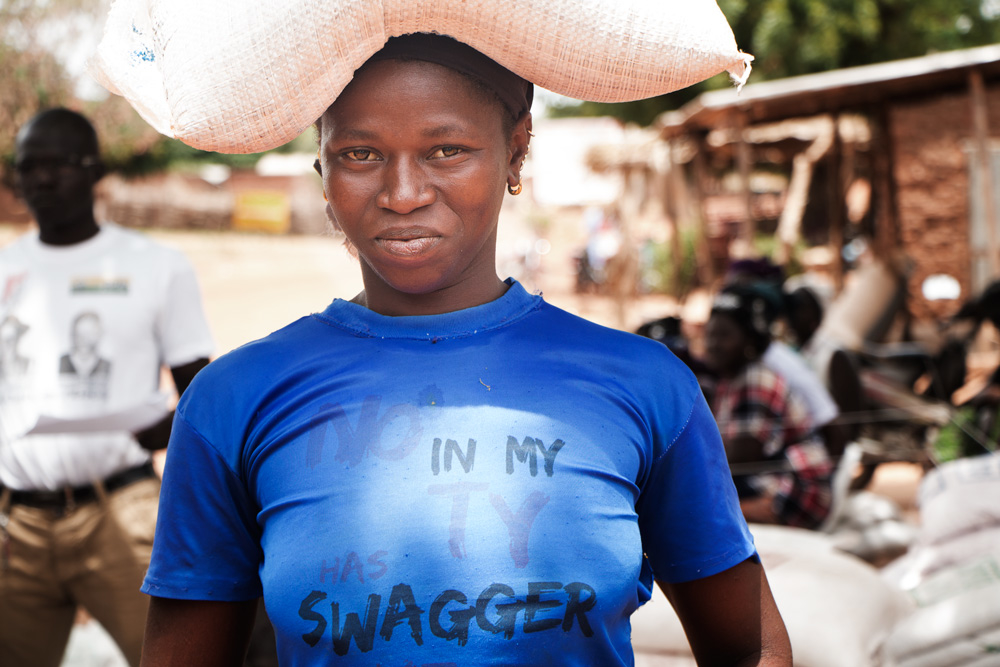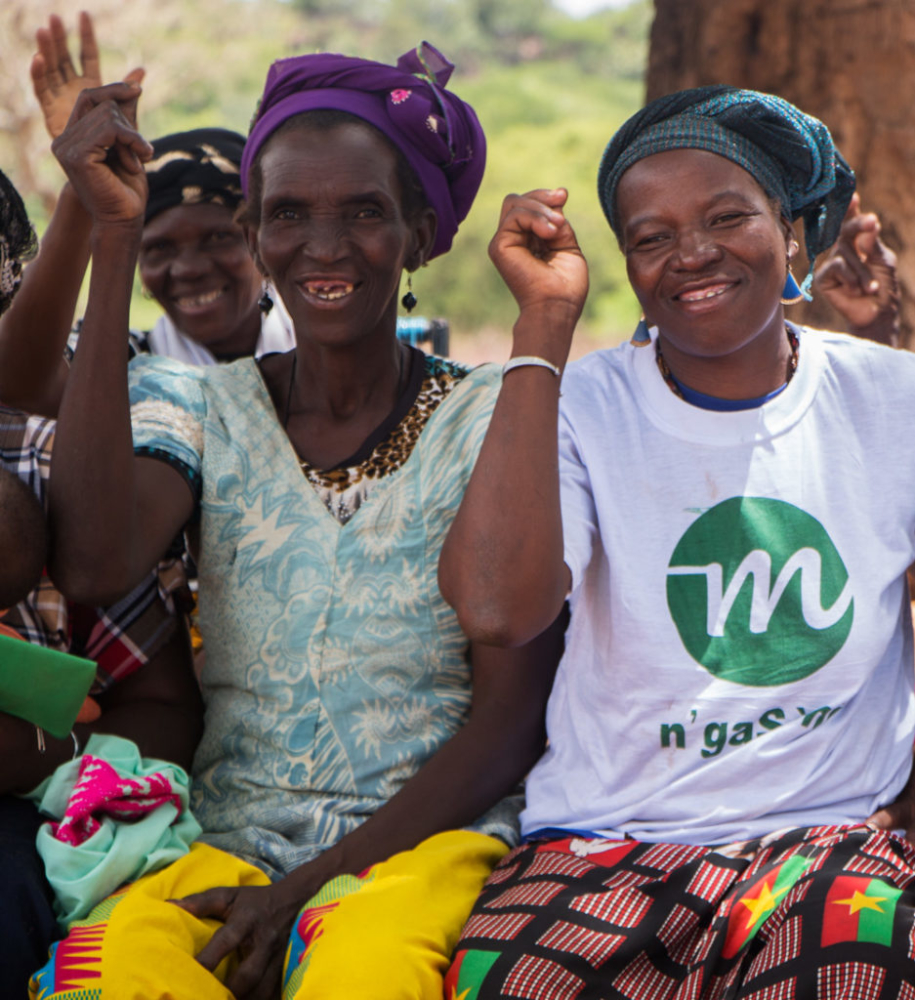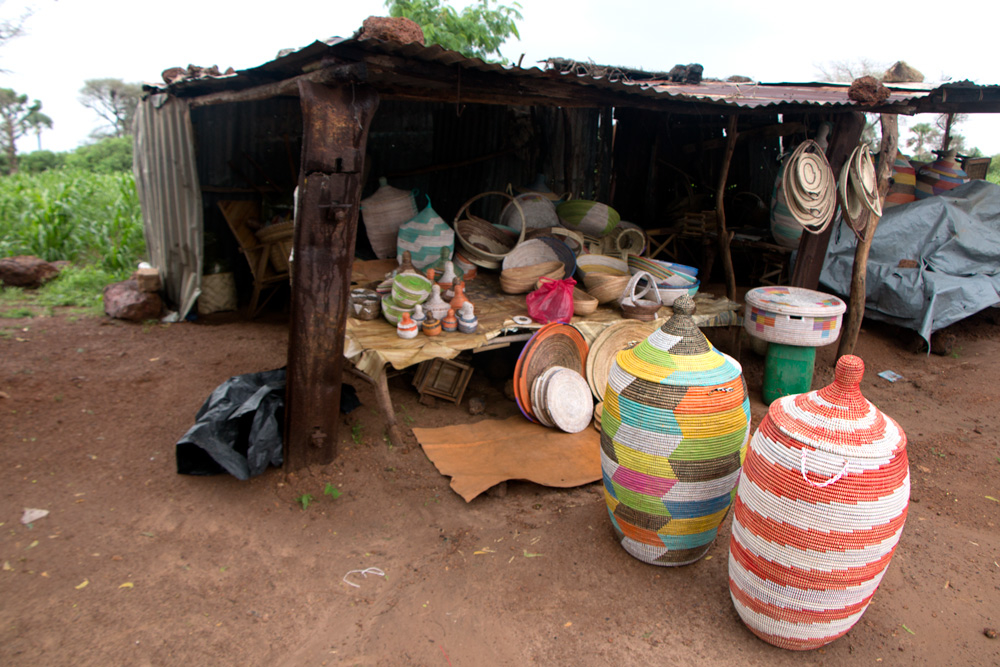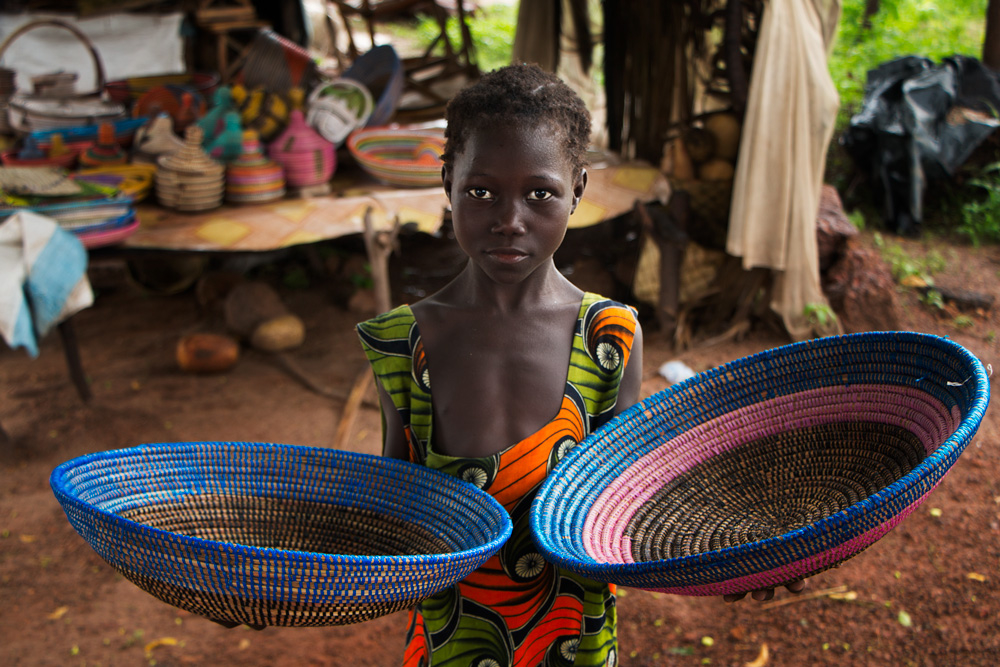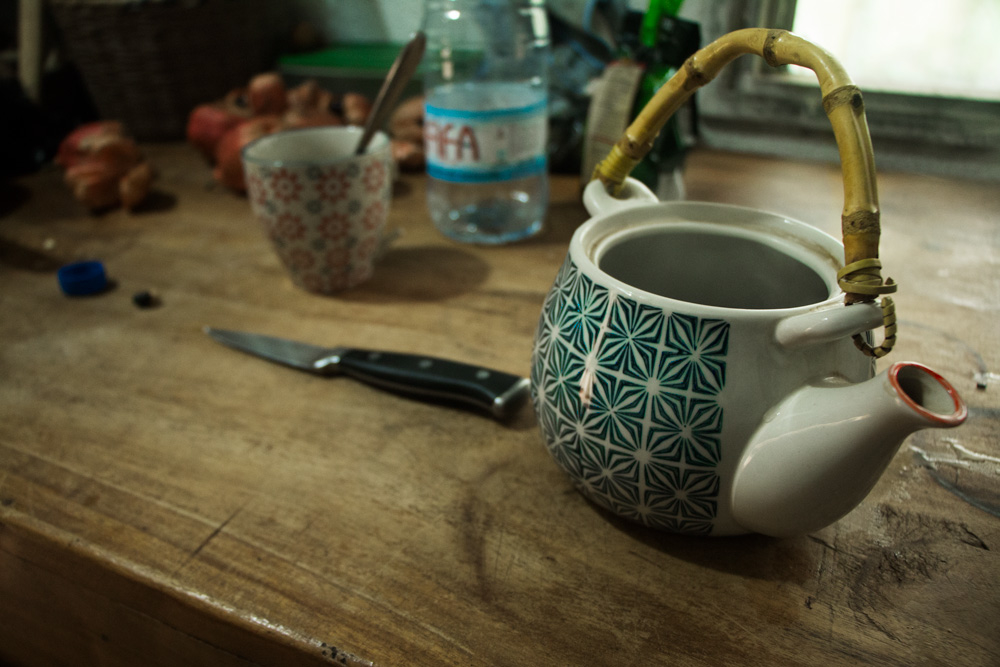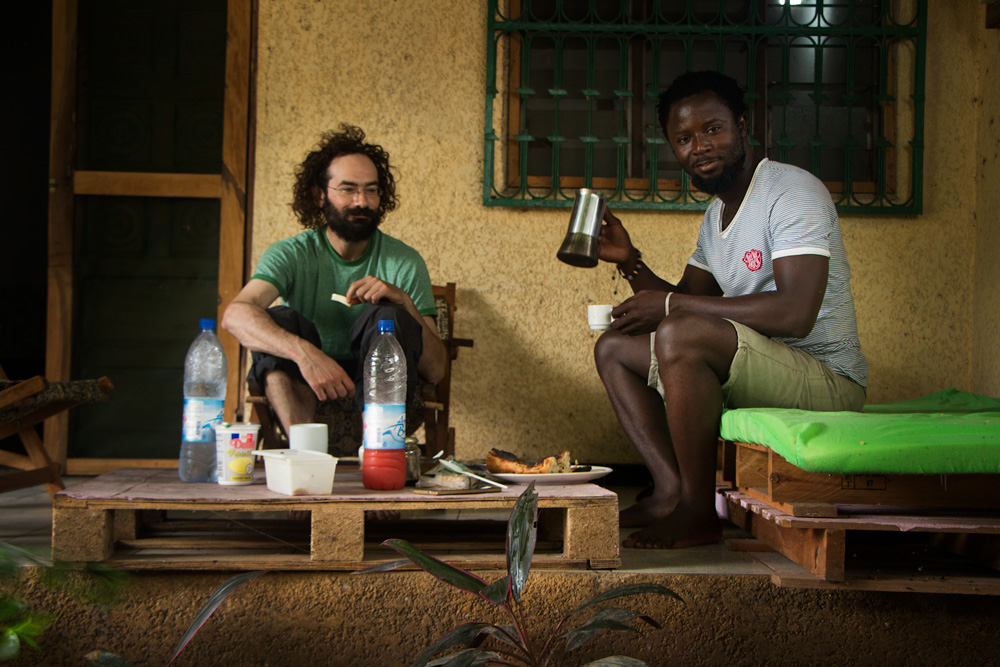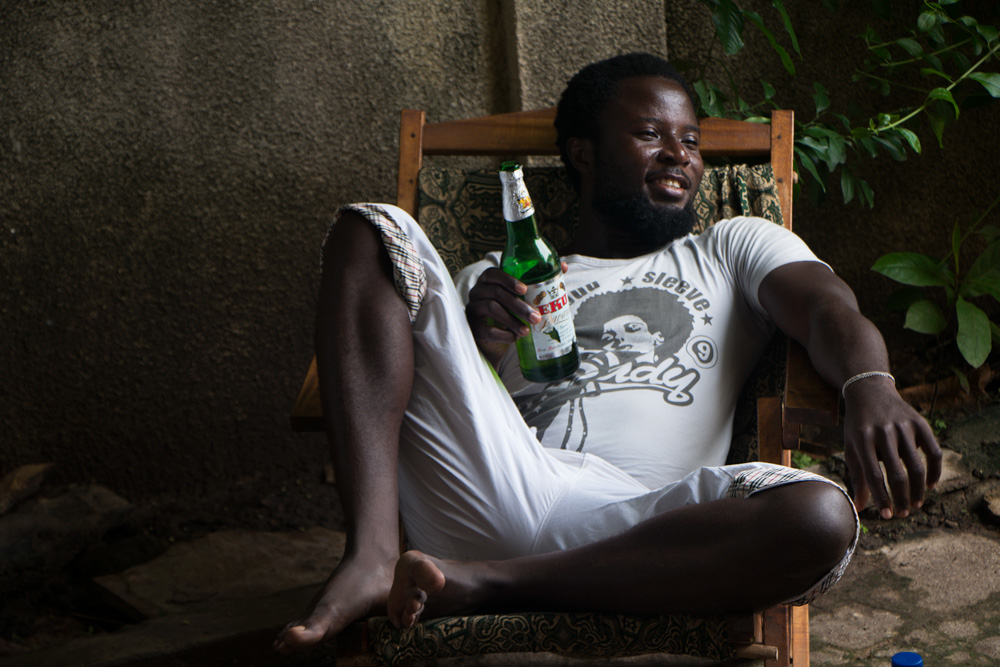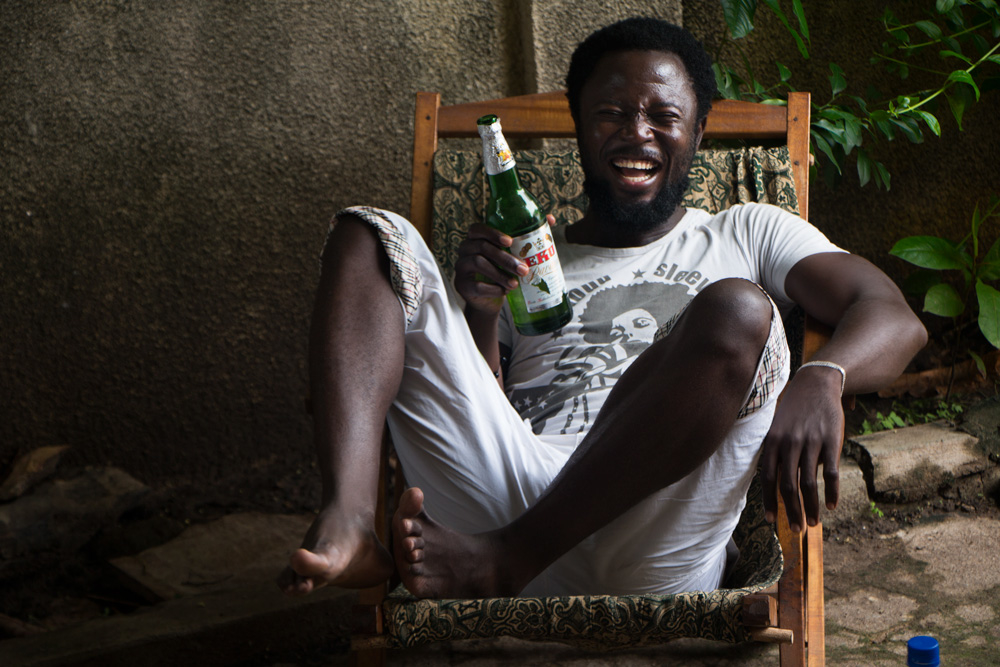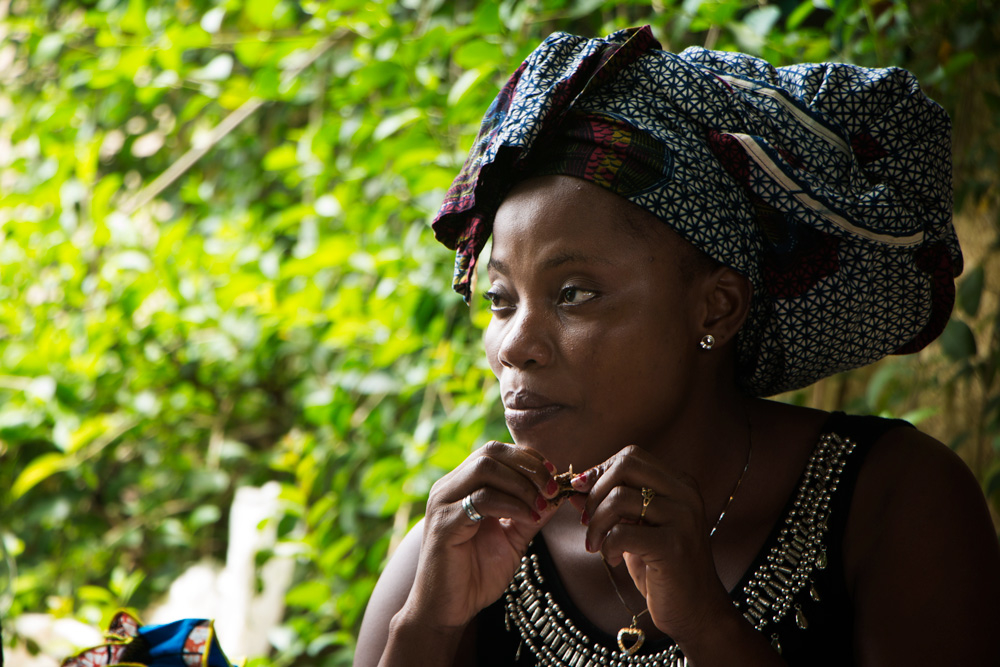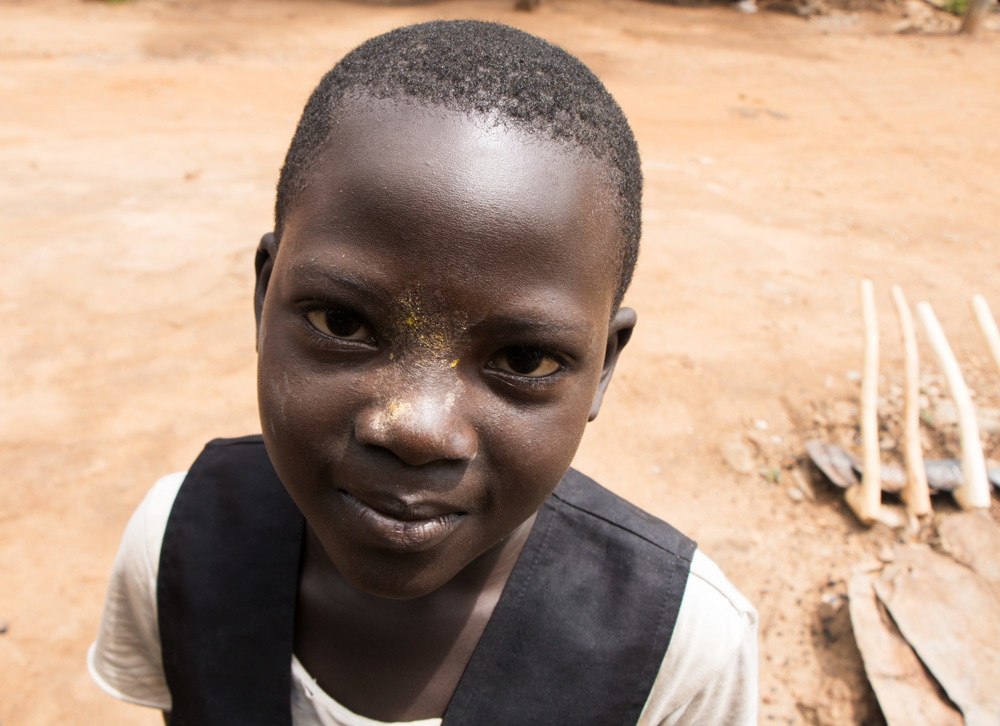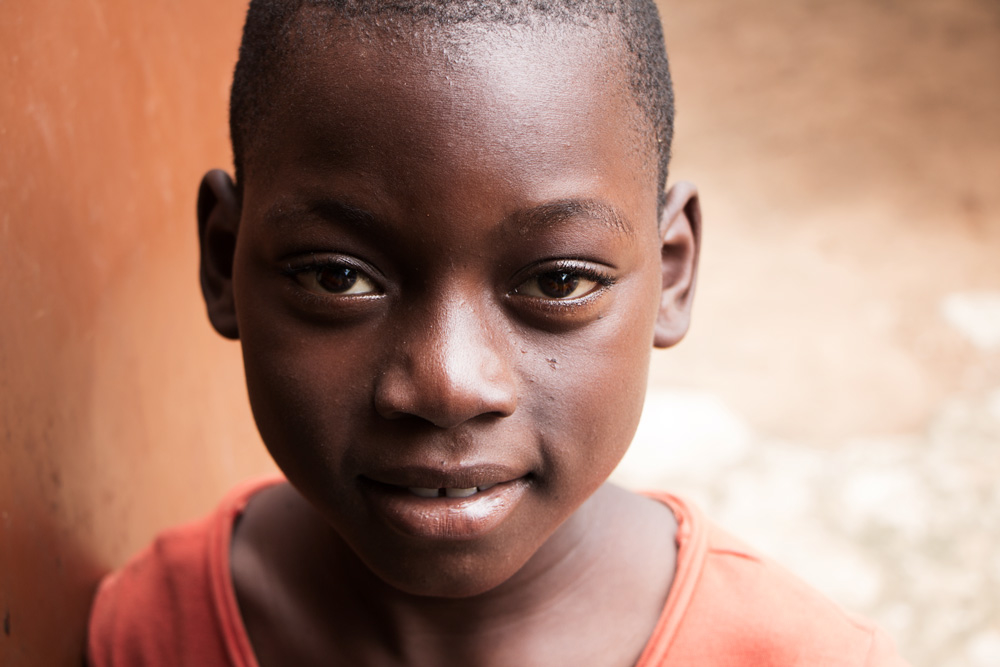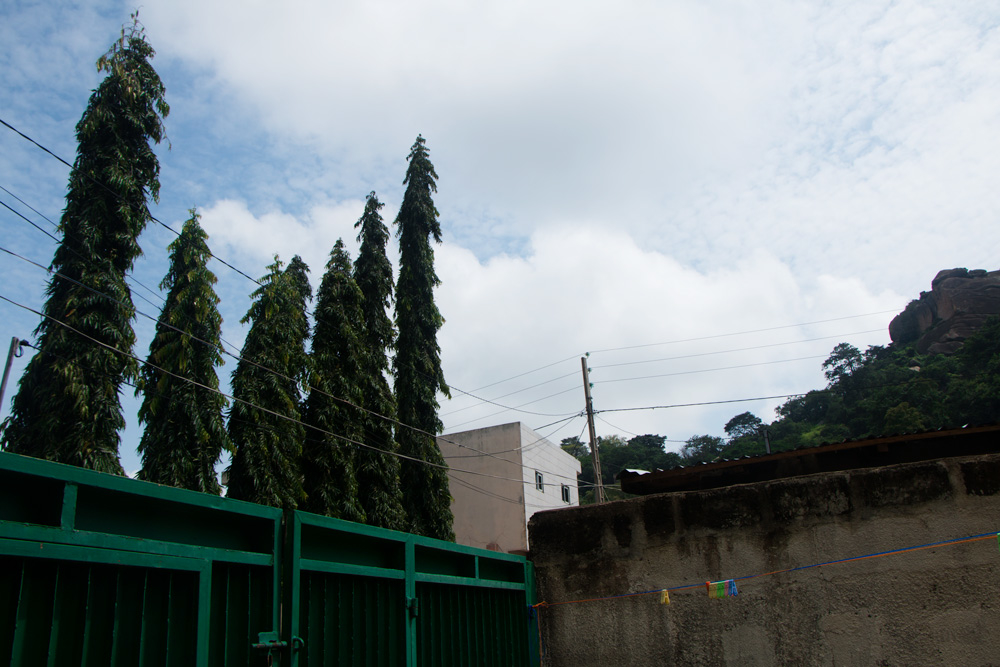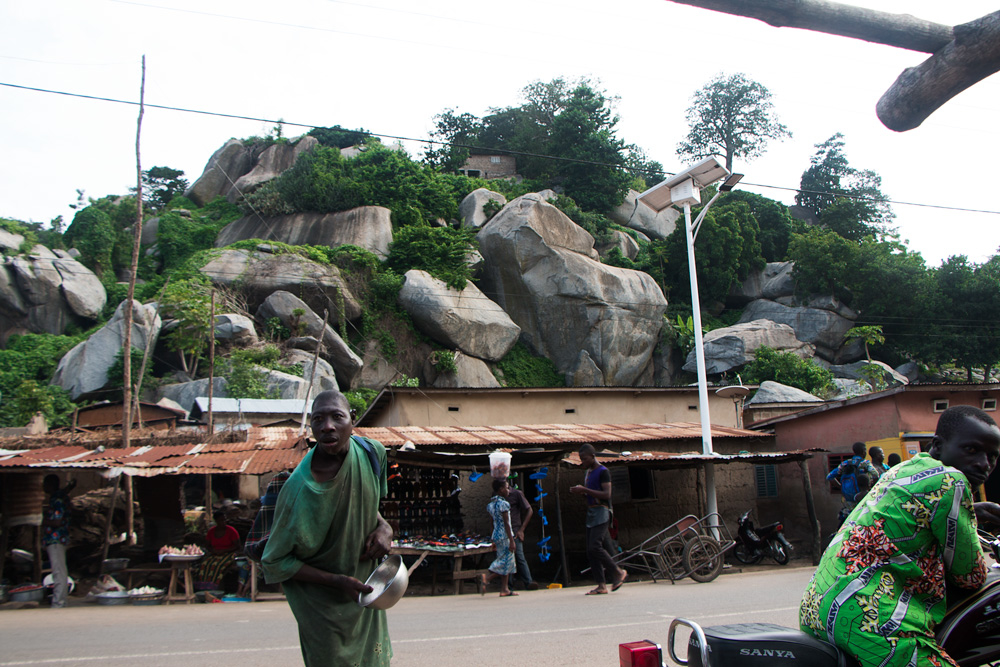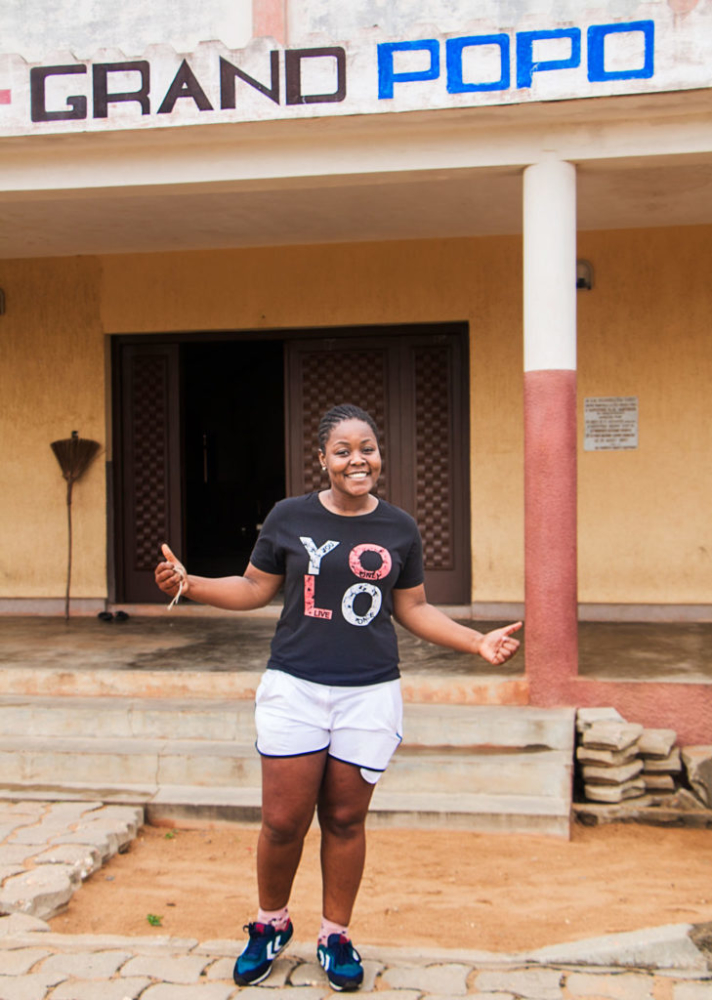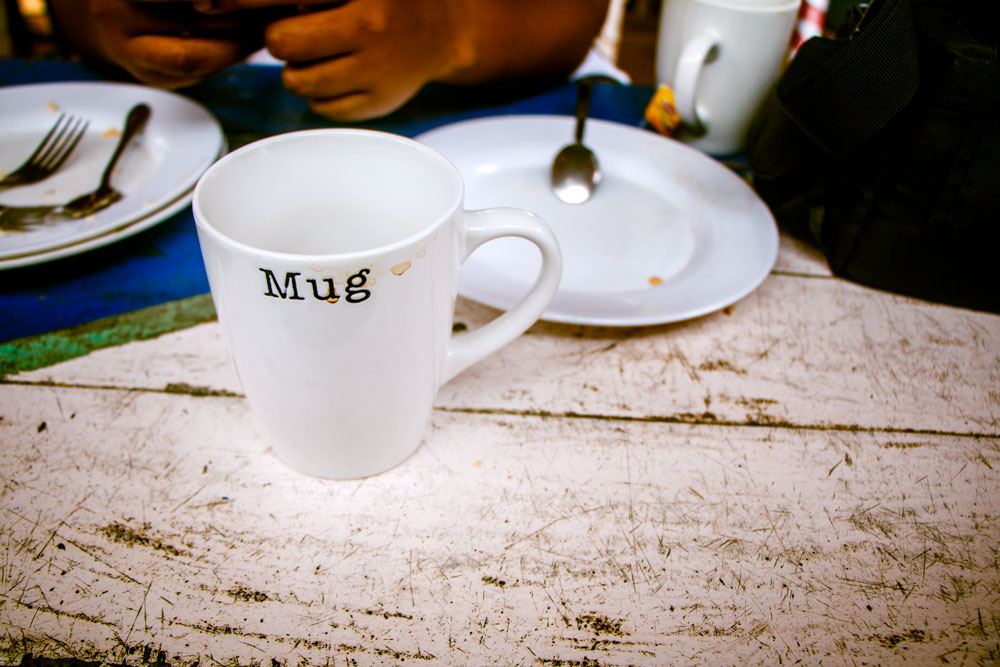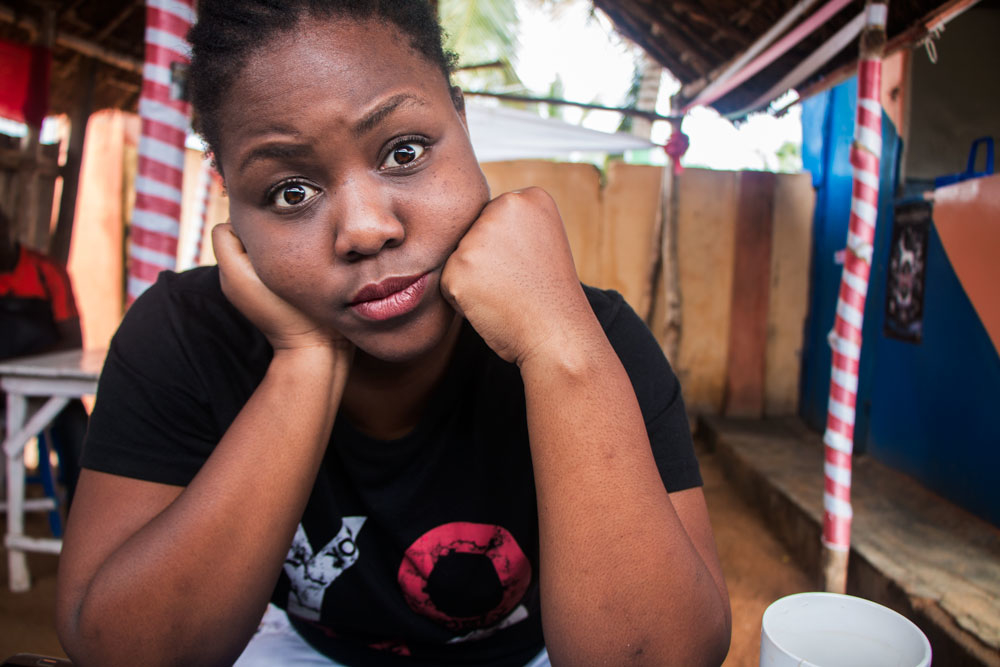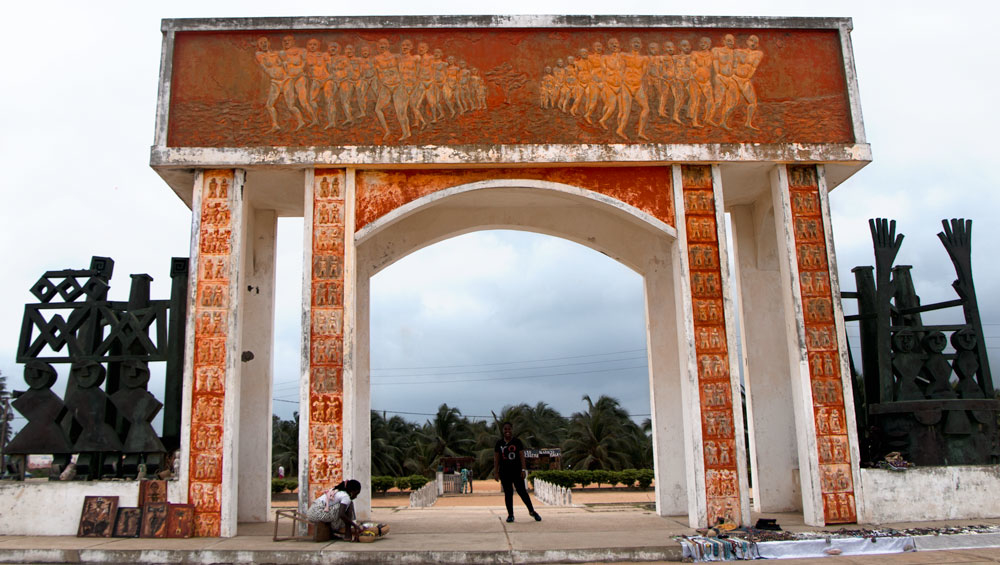- Listening: Dr. Grieve Chelwa on decolonizing the economics curriculum and Seen and Unseen podcast about Elite Imitation in Public Policy
- Reading: Célestin Monga describes reaction of a minister of finance when he became a senior economist in the Europe and Central Asia department of the World Bank. “She simply could not accept the idea that an African economist would be assigned to her country”. He goes on to describe the widespread prejudice and racism in the development sector and the “entrenched self-doubt, self-hatred, and various forms of sociopolitical ills from within the [African] continent. Racist attitudes are sometimes internalised by African elites themselves, illustrating a profound deficit of self-esteem (one of Africa’s main deficits) and a lingering social disease, which could be called “postcolonialism stress disorder.”
- Reading: An excellent book that describes prejudice in the development sector is Winners Take All: The Elite Charade of Changing the World by Anand Giridharadas. Anand makes it clear that “we cannot solve our problems with the same thinking we used when we created them”. This is why I recommend that Peace Corps volunteers or anyone else interested in development work join a social enterprise afterwards instead of going back to the US to get a Masters. “Development has to do with people, with human and social complexity, with cultural and traditional realities, and their willingness to struggle with the messy and multifaceted aspects of a problem”. Is it possible to understand this struggle – and have the willingness to struggle – without living/working in a place for an extended period of time? Can this struggle be taught in a classroom?
- Watching: Beyonce’s Black is King. I liked it, but there have been mixed reactions. Amarachi and I enjoyed identifying which region/country/culture the clothes and symbols come from. If you’re new to African music videos, here are a few good ones: azonto, sitya loss, johnny, Balaumba, Kabableke, kedike
Book Recommendation: Becoming Odyssa by Jennifer Pharr Davis
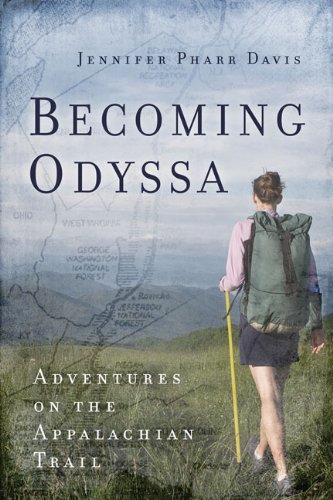
In 2018, I spent 5 months hiking the Appalachian Trail, a 3,200 km trail that runs from Maine to Georgia. I had a kindle with me the entire time so I could read in my tent at night.
There’s a lot of books about the Appalachian Trail. It’s a terrifyingly difficult but beautiful experience that makes you want to write a book after you get through it. The most popular (and my least favourite) is Bill Bryson’s Walk in the Woods. Less well-known, but definitely one of my favourites, is Jennifer Pharr Davis’ Becoming Odyssa.
Just after graduating college, the burning flame of wanderlust led her to Springer Mountain in Georgia, the beginning of the Appalachian Trail. Her friends and family thought she was crazy. Once the wanderlust died down and the adversity seemed impossible, she started to think she was crazy too.
She not only finished hiking the entire trail, 6 years later in 2011, she hiked it again and set the fastest known time on the Appalachian Trail completing it in 46 days.
The book is less about hiking than it is about self-discovery and “learning to smile and laugh just for me, even if no one else was around”. If you’re an inspiring female solo traveler, this book will fill you with the courage to take the first step.
From the book:
In college we had a class discussion about whether the tale of Odysseus taking ten years to return home in the midst of magic, gods, distraction, and disaster could be a real story. I was the only one in the class who thought it was possible. Now it all made sense. I had just spent the past four months traveling a 2,175-mile footpath. And during that time, I had been struck by lightning and caught in a blizzard. I met a pirate, escaped a stalker, and encountered illegal drugs. I walked with a moose, avoided serpents of supernatural size, and fought with dark armies (of bugs). I suffered unexplained ailments, underwent spells of fatigue, and was rescued countless times by complete strangers. My best friend was a traveling comedian and minstrel, and I happily took part in a romantic subplot with a mysterious and handsome man. I had been met by a higher power Who guided me along the path, and even when I came face to face with death, I continued to seek out life.
Top Three Travel Destinations in West Africa
West Africa is not a popular travel destination. The standard fixes proposed for making West Africa more attractive are getting rid of visas, making it easier to cross borders, eradicating malaria, improving infrastructure, creating and maintaining tourist attractions and maybe improving transportation within and between countries. The real fix: people need to change their mindset about traveling.
The recipe for changing your mindset is outlined in a book called Vagabonding by Rolph Potts. When I read this book, I realized the countries in West Africa didn’t need to change for me to put them on my travel list. I needed to change.
Here are a few of my favorite quotes from the book
- Peculiar travel suggestions are dancing lessons from God
- We find after years of struggle that we do not take a trip; a trip takes us
-
Whatever the original motivation for going someplace, remember that you’ll rarely get what you expect when you go there—and this is almost always a good thing
-
In fact, having an adventure is sometimes just a matter of going out and allowing things to happen in a strange and amazing new environment—not so much a physical challenge as a psychic one.
-
The secret of adventure, then, is not to carefully seek it out but to travel in such a way that it finds you.
-
If travel truly is in the journey and not the destination, if travel really is an attitude of awareness and openness to new things, then any moment can be considered travel.
If you are willing to test pilot this philosophy, here are three great travel destinations in West Africa.
Abidjan, Côte d’Ivoire
In 2015, I drove my motorcycle from Cotonou, Benin to Abidjan, Côte d’Ivoire. Colleagues and friends always claimed Abidjan was the best city in West Africa. I had to confirm.
Outside finding couchsurfing hosts at stops along my way, my only plan was to keep an attitude of awareness and openness to new things. What this looks like in reality: walking around, talking with random people, taking photos, meeting couchsurfing hosts, saying yes to anything they propose doing.
When I arrived in Abidjan, it was dark already. I had spent 12 hours traveling from the Cape Coast in Ghana. A few of those hours were spent negotiating with the Ivorian border police about paying for a laissez passer and at least one hour was spent hiding from a torrential downpour under a makeshift roadside stand.
When I arrived, I criss crossed the city on the beautiful bridges and marveled at the big buildings in downtown Plateau neighborhood. I arrived in front of the university and asked to borrow a motorcycle taxi’s phone to call my couchsurfing host. He told me he wasn’t home. In fact, he wasn’t even in Abidjan, but he arranged for an Ivorian friend to meet me and take me to his house.
When we got to the house, I threw my stuff on the living room floor and asked the Ivorian what his idea of a fun night in Abidjan looks like. He said pre-game with Drogba beers, then bar hop in zone 4.
Zone 4 is worth the visit alone. It’s a neighborhood with the highest density of fun per capita in the whole region. Ivorians dance crazily and laugh easily.
We walked around all night, going from high end dance clubs to hole in the wall bars. Nothing special happened, but that was ok. I simply enjoyed observing the rhythm and flow of a typical Abidjan Saturday night, and once in awhile, feeling part of it.
The next day, I woke up late and jumped in a taxi to the Plateau, the Manhattan of West Africa. There, my couchsurfing host met up with me. We walked around all day, talking about life in West Africa and taking photos.
Dassa, Benin Republic
When people visit Benin Republic, Dassa is rarely on the itinerary. Cotonou, Ouidah, Grand Popo, Pendjari, Abomey, yes. But never Dassa.
This is a mistake. Here’s why:
- Pounded yams: Dassa has the best pounded yams and peanut sauce in the country. Just ask people where the best place to go is.
- The hills: Dassa is the land of 41 hills. You can climb the hill at the center of town and feel on top of the world. Just walk behind the big catholic church and keep going up. Alternatively, you could get a guide at chez Armand. You should also watch the sunset on the Colline des amoureux (Lovers Hill).
- The Idaasha: The majority of folks in Dassa are Idaasha. The language is very similar to Yoruba, so you may be able to get by without speaking French if you’re a Yoruba speaker. The hills of granite stone are very important in Idaasha culture and it’s worth sitting down with someone and asking why.
- Hippos: There’s a river not too far from Dassa with hippos. Best time is the dry season. You can organize a trip to see the hippos with Armand at chez Armand.
- Relaxation: There’s a swimming pool at Jeco hotel that is very refreshing. You don’t have to be a guest to swim.
Bamako, Mali
Bamako/Mali holds enchantments far deeper than its coastal neighbors. The uncommon elegance and ancient charm is woven into every part of life, especially its musical aesthetic. On any given night you can go out and listen to live music. The kora is mesmerising. I recommend going to the venue Songhai Blues.
If you’re feeling adventurous, you can take a trip down the Niger in a pirogue. I made a short film of a trip I took with friends last year. You can find more info on how to organize this at Hotel Restaurant BadaLodge.
Other fun activities are going to the National Park on a weekend and people watching. There’s also a small zoo attached to the park with an ostrich, elephant and lions that like to roar.
Recommended Reading
Highly recommend Homegoing by Yaa Gyasi. I heard about it while reading an article about Stanford’s Three Book program for incoming students. Using a line from Marjorie, this is a book you can “feel inside you”. Powerful lines:
- He didn’t understand. Even after his translator spoke to him, he didn’t understand.
- The dark brown circles of his irises looked like large pots that toddlers could drown in, and he looked at Effia just like that, as though he wanted to keep her there, in his drowning eyes.
- The curse may have been rooted in a lie, but perhaps it bore the fruit of truth.
- Hell was a place of remembering, each beautiful moment passed through the mind’s eye until it fell to the ground like a rotten mango, perfectly useless, uselessly perfect.
- “You can learn anything when you have to learn it. You could learn to fly if it meant you would live another day.”
- Weakness is treating someone as though they belong to you. Strength is knowing that everyone belongs to themselves.”
- “These people do not come from nature,” she said.
- White men smiling just meant more evil was coming with the next wave.
- Theirs was the kind of life that did not guarantee living.
- You cannot stick a knife in a goat and then say, Now I will remove my knife slowly, so let things be easy and clean, let there be no mess. There will always be blood.”
- They would just trade one type of shackles for another, trade physical ones that wrapped around wrists and ankles for the invisible ones that wrapped around the mind.
- He had known his grandfather only as a person knows his shadow, as a figure that is there, visible but untouchable, unknowable.
- Whether he stole, whether he lied, whether he promised alliance to the Fantes and power to the Asantes, the white man always found a way to get what he wanted.
- Maybe he’d be a new kind of black man altogether, one who got to use his mind.
- “All people on the black continent must give up their heathenism and turn to God. Be thankful that the British are here to show you how to live a good and moral life.”
- Though she had never been there, she could sense its presence in her life. A premonition. A forward memory.
- Harlem was about the sky.
- If she did hear it, if he did come, she would close her eyes quick, and the two of them would play the game of make-believe, acting like the people onstage at the club did. Robert’s role was to slip in quietly beside her, and hers was to not question, to let him believe that she still believed in him, in them.
- In Harlem, Lenox Avenue was impossible to avoid. It was where all the dirty, ugly, righteous, and beautiful things were.
- “A poet’s got to spend more time livin’ than he does studyin’,”
- “We believe the one who has the power. He is the one who gets to write the story. So when you study history, you must always ask yourself, Whose story am I missing? Whose voice was suppressed so that this voice could come forth? Once you have figured that out, you must find that story too. From there, you begin to get a clearer, yet still imperfect, picture.”
- And the nebulous, mysterious object of his anger was his mother
- For Sonny, the problem with America wasn’t segregation but the fact that you could not, in fact, segregate. Sonny had been trying to get away from white people for as long as he could remember, but, big as this country was, there was nowhere to go.
- He was mad at her because he didn’t have a father, and she was mad at him because he’d become as absent as his own.
- “We can’t go back to something we ain’t never been to in the first place. It ain’t ours anymore. This is.” She swept her hand in front of her, as though she were trying to catch all of Harlem in it, all of New York, all of America.
- She said that those were the books that she could feel inside of her.
- It was one thing to research something, another thing entirely to have lived it. To have felt it. How could he explain to Marjorie that what he wanted to capture with his project was the feeling of time, of having been a part of something that stretched so far back, was so impossibly large, that it was easy to forget that she, and he, and everyone else, existed in it—not apart from it, but inside of it.
The dramatic irony of that last line is unbearably beautiful.
Leaving Benin
Approaching 6 years in Benin, I decided to leave. I spent the last few hours before my flight day drinking la Beninoise at a Rasta bar with Willy.
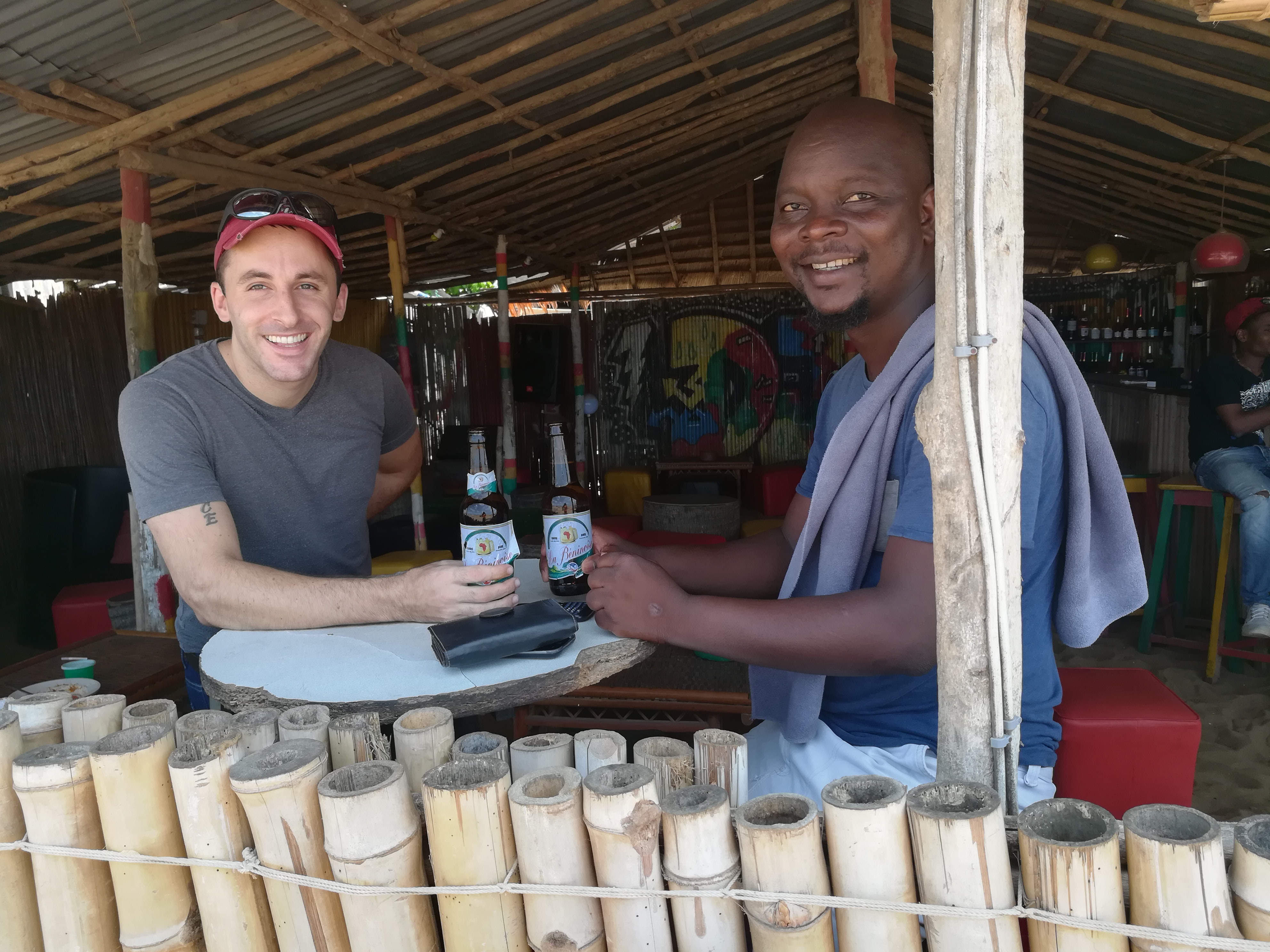
The slogan for la Beninoise is “Plus qu’une bière, notre bière” (more than a beer, our beer). Slightly modified, it captures how I was feeling during my first sip. “More than a country, my country”.
But that feeling is at best mawkish and at worst presumptuous. Integration is the raison d’être of a Peace Corps volunteer, but there is a limit to what is permitted or appropriate. That limit is found somewhere in the answer to the question: How is my cultural fluidity – feeling at home in Benin – anything more than a function of my privilege as a white American?
On my last sip, I was ready to leave, maybe not my country, but a country with many incredible people and one incredible beer.
Misc 8
Reading
Watching
- Monty Python – Four Yorkshiremen – a near-perfect parody of conversations between returned Peace Corps Volunteers
- Werner Herzog documentaries
- Grizzly Man
- Wheel of Time
- Encounters at the End of the World (Best parts include reflection on both gay and insane penguins and this line “To me it is a sign of a deeply disturbed civilization, where tree huggers and whale huggers weirdness are acceptable, while no one embraces the last speakers of a language”

